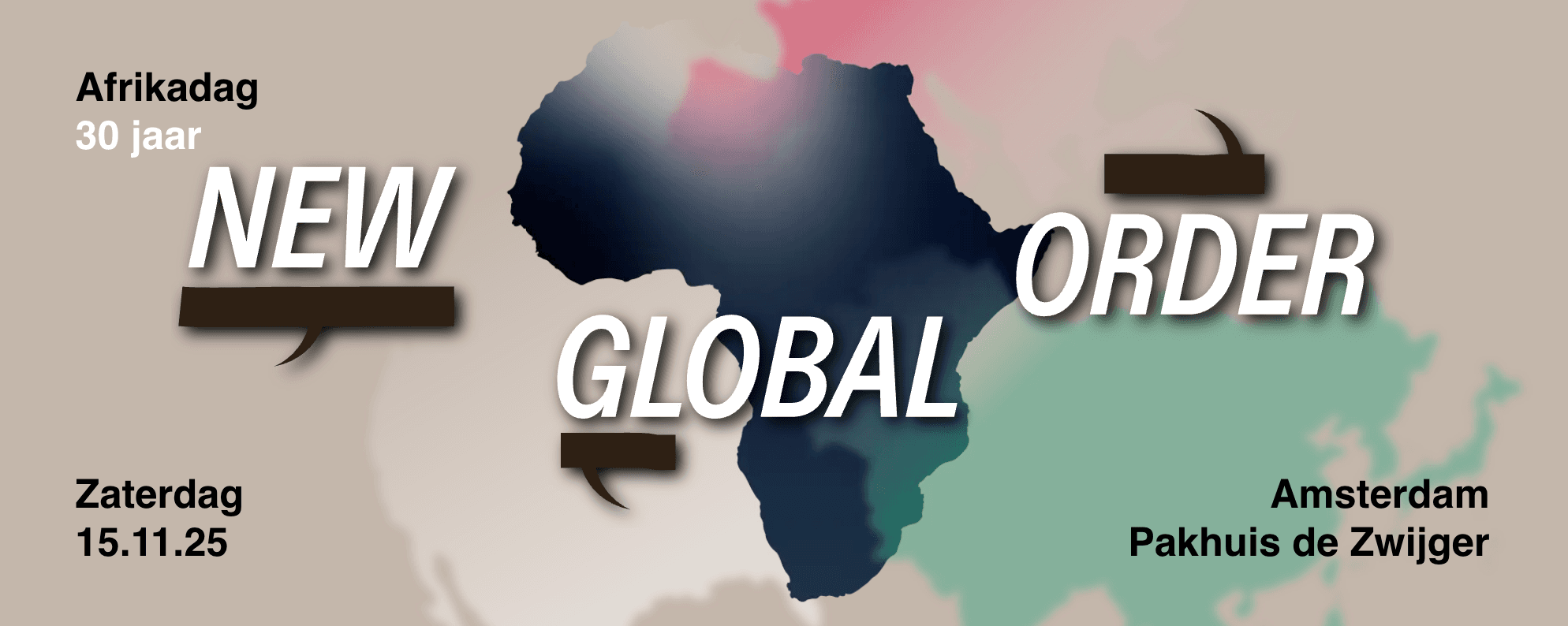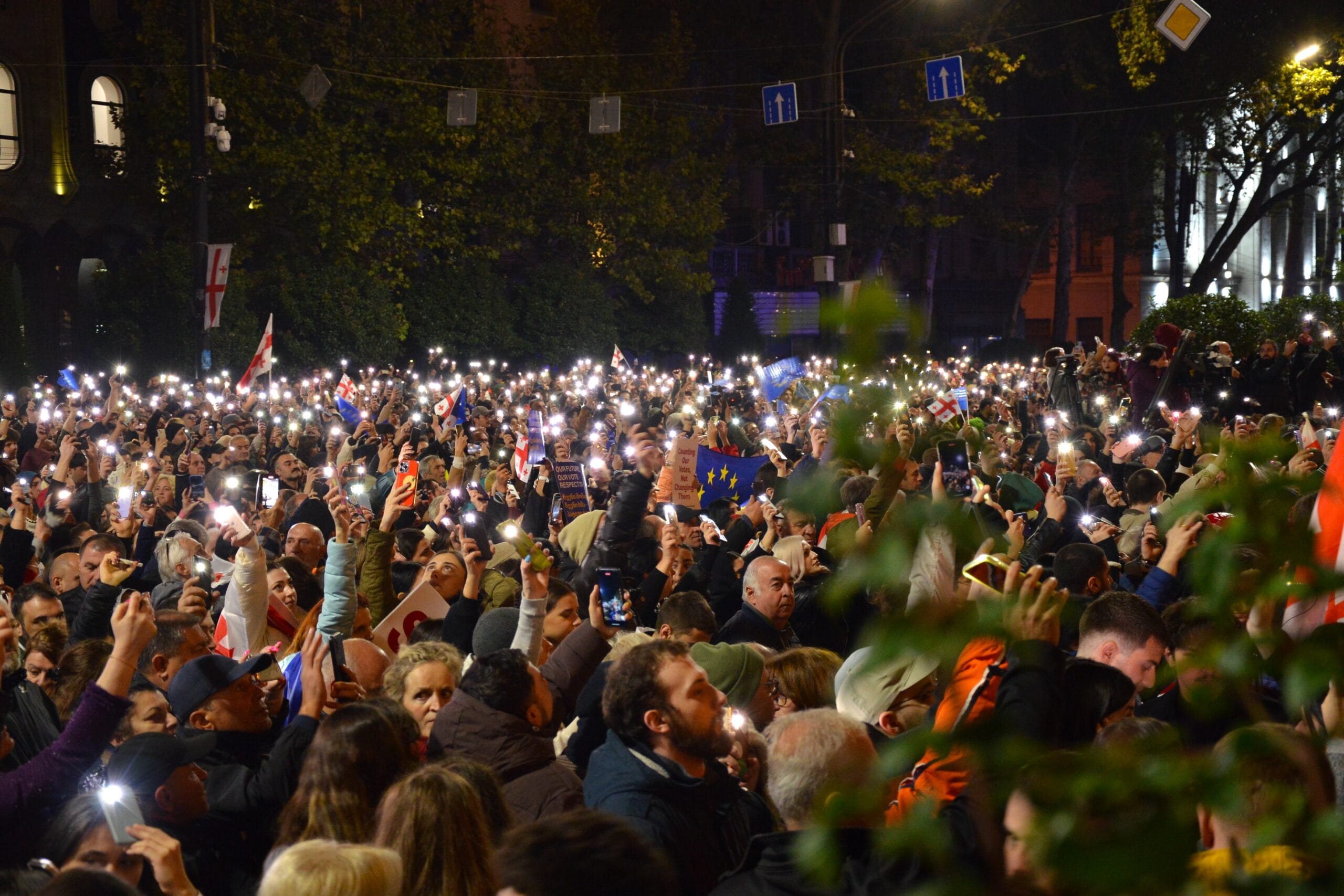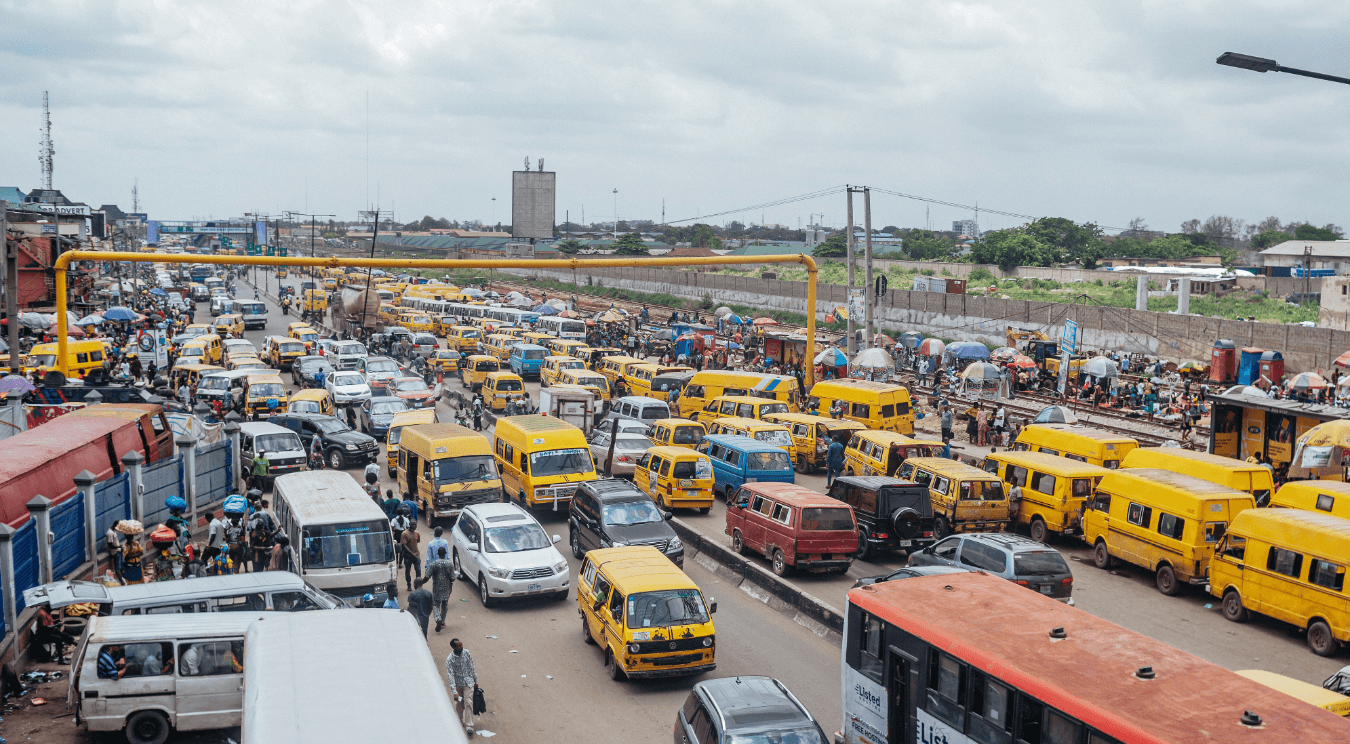"We are broke, exhausted and frustrated." The participants of the annual Progressive Academy for Social Change in Georgia do not mince words when I, as an FMS trainer, ask how they are doing. More than six months after Georgian elections were unfair and large-scale protests broke out, they are through. The ruling Georgian Dream party is blatantly autocratic, extending its repression of opposition parties and activists. Whether this weekend of training for young social democrats can take place again next year remains to be seen. And that while now it is all the more important to exchange experiences and international support is crucial.
Inspiring and confrontational
The Progressive Academy for Social Change gathers progressive Georgians in a summer abandoned ski village in the Caucasus Mountains. They attend sessions on campaigning, feminism and social democracy. With my fellow FMS trainers Kido Koenig and Ties Huis in 't Veld, I complement the team of trainers from Georgia. It is inspiring to spend time with young people from the opposition movement: I learn about Georgian politics, their ideological beliefs and Tbilisi's best khinkali (Georgian dumplings). But it is also confrontational. How do you campaign when you have been demonstrating almost daily for months and repression is mounting? Activists are weighed down by sky-high fines imposed indiscriminately on protesters by the government. One participant says the police broke her leg. During a panel, someone makes a cynical joke about the movement's future in prison - where some like-minded people are already as political prisoners. And the new 'foreign agent law' hangs over the weekend like a dark cloud.
'Music breaks free'
The two extra days I spend in Tbilisi after training could not have been better planned. My new Georgian friends invite me to Tbilisi Open Air - a huge festival whose motto is 'music breaks free'. The festival is a sanctuary for alternative and progressive Georgians, and thus a thorn in the government's side. The next day happens to be Georgian Independence Day and I hook up with the demonstrations. It is something of a Georgian pressure cooker: at night I see thousands of Georgians chanting about the country's freedom with a local world-famous band, in the afternoon an unending parade of protesters through the streets of Tbilisi, and in the evening a crowd gathering in front of the parliament building. Despite the intimidation of massive police presence, surveillance cameras and threats of repercussions.
Believing in a free future
One of the participants tells Independence Day that the training weekend in the mountains cheered him up and gave him renewed energy. So yes: the protesters are physically and mentally drained. Yet they find energy again to take to the streets, make new campaign plans and believe in a free future. Where the Georgian government embraces Russia, we must continue to do so with the opposition movement in the country. They have a belief in democracy and rule of law that we in the EU can learn from. The least we can do is actively support their resilience and optimism - morally, practically and financially.
Giving campaign training felt almost naive at times. Our own political situation is also sad, but - for now - it cannot be compared to Georgia's. What do they gain from three Dutchmen talking about actions in The Hague or asking for creative campaign ideas? Of course, there is also added value in sharing practical tips and insights among themselves. But in the end, above all, the importance of international solidarity cannot be underestimated. That they are not alone. That there are also Europeans who do not forget Georgia. That we can work together for a democratic future for the country.




